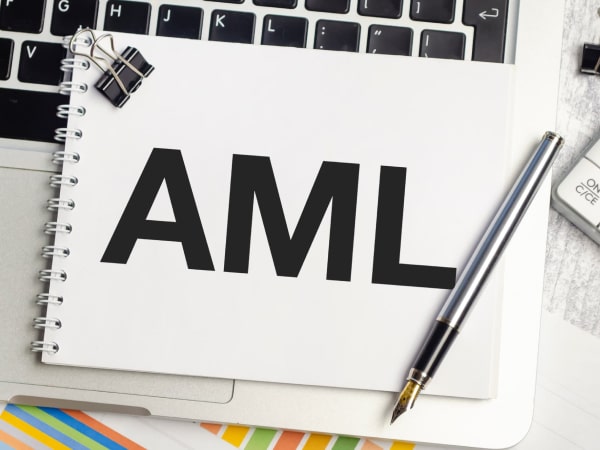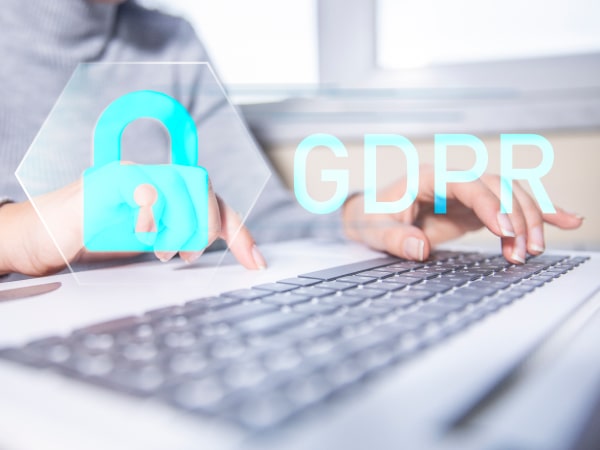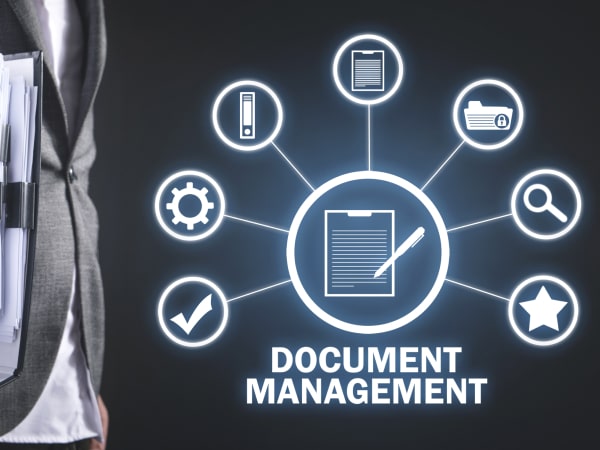What is AML and How It Works
The term “AML” refers to the collection of steps banks and other market participants (including those in the fintech space) take in order to identify and thwart attempts to obtain and legalize monies that are the result of illicit activity. Like other financial sectors, fintech is vulnerable to crimes like money laundering if it fails to adhere to these regulations. Consequently, regulators may impose severe penalties, including fines and disciplinary measures. Money laundering incidents in fintech companies can significantly damage their reputation, leading to serious negative consequences.
You may safeguard your own funds by being aware of the threats, appreciating the value of AML services on transactions and cryptocurrency wallets, and adhering to security regulations.
AML compliance services
- Development of policies and procedures
- Customer Due Diligence (CDD) and Know Your Customer (KYC) services
- Transaction Monitoring and Screening
- Suspicious Activity Reports (SARs)
- AML/CFT risk assessment
- Training and awareness programs
- Independent AML audits and reviews
- AML officers recruitment

Principles of AML in cryptocurrencies
The Financial Action Task Force (FATF) is an intergovernmental organization dedicated to combating money laundering. It has issued guidelines like the “Travel Rule” specifically for cryptocurrency companies. Additionally, market professionals must adhere to other international and local regulations, such as the 6th Anti-Money Laundering Directive (6AMLD) and AML/CFT standards. These guidelines are essential for maintaining compliance and ensuring the integrity of financial operations.
Essentially, these guidelines basically come down to two principles:
KYC – is an abbreviation of the English phrase “know your customer/client”. The essence of the principle is that before providing any services, an exchange or cryptocurrency exchange should establish the identity of the person who interacts with them through the platform.
KYT – know your transaction, or “know your transaction.” Companies need to know how the money appeared in a particular wallet. This is the only way to be sure that cryptocurrency is not linked to illegal activity.
In addition, VASPs must sanction counterparty clients and perform VASP-counterparty due diligence. Cryptocurrency and DeFi companies must take the time to understand and prepare to comply with these regulations or they risk losing their licenses to operate.
Our awards





AML policies and who needs them
Regulations must be followed by fintech companies that are involved in financial transactions, digital payment services, online banking, cryptocurrency operations, and other online financial services. These guidelines are essential for guaranteeing adherence to legal requirements and safeguarding the integrity of their transactions.
Financial Institutions: Including banks, investment funds, insurance companies, and payment systems.
Non-Financial Companies: Engaged in large monetary transactions, such as real estate firms, jewelry businesses, and gaming companies. Effective AML policies are crucial for these sectors to prevent illegal activities and meet regulatory standards.
Our services
Our team specializes in providing a full range of policy development and anti money laundering services implementation services to help companies comply with regulatory requirements and protect their financial transactions from the risk of fraud and money laundering. We offer a customized approach to each client, taking into account the specifics of their business and the jurisdiction in which they operate.
- Developing comprehensive policies that address all aspects of anti-money laundering, from monitoring transactions and reporting suspicious transactions to customer due diligence.
- Staff training and education: We organize educational programs for employees to enable them to accurately apply standards in real-life situations and promptly identify suspicious activity. We also help with the selection of AML officers.
- We provide AML consulting and advice, helping you adapt to changing regulatory requirements.
- Preparation of documentation required for licensing: We can help you gather the information and documents necessary to obtain licenses, such as for gambling or virtual asset service providers (VASPs).
It is important to note that regularly updating and adapting AML policies to changing regulatory requirements is key to long-term business security and sustainability. Implementing advanced technologies to monitor transactions and detect suspicious activity can also significantly improve the effectiveness of AML measures.
Contact us for advice and support to ensure your AML requirements are fully met and your business is protected.














